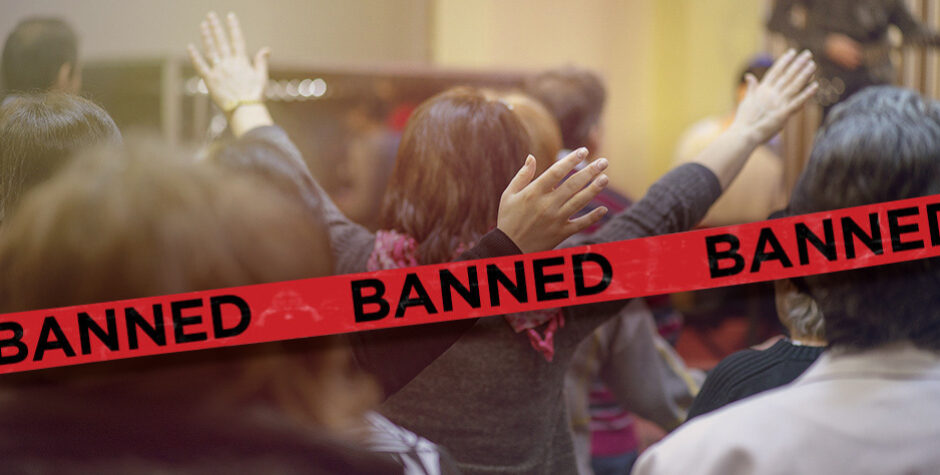
Churches face a new wave of targeted discrimination.
Local governments and municipalities are barring churches and religious schools from using their own property for worship, ministry, and education.
Zoning ordinances and decisions are being used to discriminate against Christian organizations.
Whether motivated by personal biases against churches and religious organizations or an ever-growing desire for tax revenue, these local bureaucrats are violating federal law.
Federal law – the Religious Land Use and Institutionalized Persons Act (RLUIPA) – requires that churches and religious institutions be treated equally with secular businesses and groups.
Yet that’s not what’s happening. For years, we’ve been directly engaged in numerous cases to defend churches from targeted discrimination. And we’ve won.
Right now, we’re involved in a number of these lawsuits in federal court.
Take action with us to stop illegal discrimination against churches.